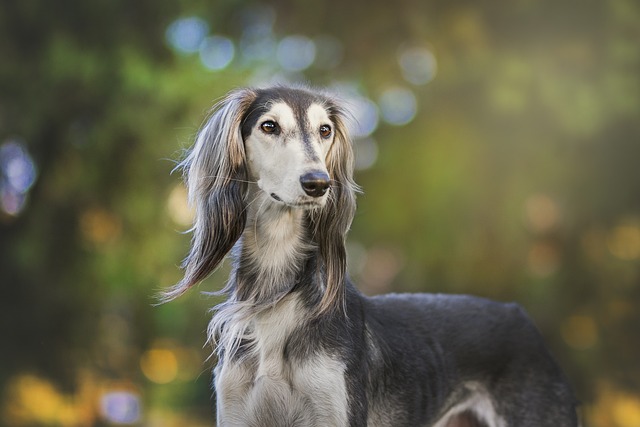
How do i train my dog to be obedient?
Watching your dog dart across the park ignoring your calls isn’t just frustrating—it can put them at risk near busy streets or public spaces.
Potty training a new puppy is like cracking a code—equal parts patience and strategy. The timeline varies wildly, but most puppies get the hang of it between 12 weeks to 6 months. Some might nail it in a few weeks; others could take double that time. It’s not a race, though—rushing only leads to frustration for you and confusion for your furry friend.
First, understand your puppy’s biology. Their tiny bladders can only hold urine for as many hours as they are months old (e.g., a 2-month-old puppy needs to go every 2 hours). Puppies also have an innate dislike for soiling their sleeping area, which you can use to your advantage. But remember, accidents are inevitable, especially in the beginning. Treat them as learning opportunities, not failures.
Consistency is key. Establish a routine: take your puppy outside immediately after waking up, eating, drinking, playing, or napping. Choose a specific spot in your yard and use a consistent command like “go potty.” Praise them enthusiastically when they succeed—treats, belly rubs, and excited chatter work wonders. Avoid scolding accidents indoors; instead, calmly clean them up with an enzymatic cleaner to remove the scent.

In many areas, local laws require pet owners to clean up after their dogs in public spaces. Failure to do so can result in fines or other penalties. Keep poop bags handy during walks and train your puppy to eliminate in appropriate outdoor areas early on. This not only keeps your community clean but also prevents negative associations with going potty outside.
Crate training is a popular and effective method in puppy potty training. A crate serves as a den—a safe, cozy space your puppy won’t want to soil. Make sure the crate is just big enough for your puppy to stand, turn around, and lie down comfortably. But never use the crate as punishment. Instead, make it a positive place by leaving treats and toys inside.
If you’re struggling with progress, consider underlying issues. Health problems like urinary tract infections can cause incontinence. If your puppy suddenly starts having accidents after showing progress, consult a vet. Additionally, some breeds may take longer to train due to their independent nature, while others are quick learners.
Nighttime training requires extra vigilance. Puppies might need one or two bathroom breaks during the night, especially when they’re young. Gradually increase the time between trips as they grow older. Keep the process calm and quiet to avoid waking them up too much and turning it into playtime.
Remember, every puppy is unique. Some catch on quickly, while others need more repetition and patience. Celebrate small victories along the way—each successful trip outside is a step closer to a potty-trained pup. With consistency, positive reinforcement, and a dash of humor, you’ll both get through this phase and build a stronger bond in the process.

Watching your dog dart across the park ignoring your calls isn’t just frustrating—it can put them at risk near busy streets or public spaces.

New puppy owners often find themselves rushing to clean up accidents before they set in, and that’s where puppy pad training becomes a game-changer.

If you've noticed your dog's waistline disappearing and your veterinarian has mentioned those few extra pounds, your first instinct might be to simply reduce the amount of food in their bowl.

Training a dog to use a designated spot indoors isn’t as daunting as many new owners fear, but it does take consistency and an understanding of your pet’s needs.

That moment of dread on a walk is all too familiar for many new dog owners. You see another dog approaching down the sidewalk of your neighborhood

If the sight of another dog on your neighborhood walk makes your heart sink as your own dog erupts into a frenzy of barking and lunging, you're not alone.